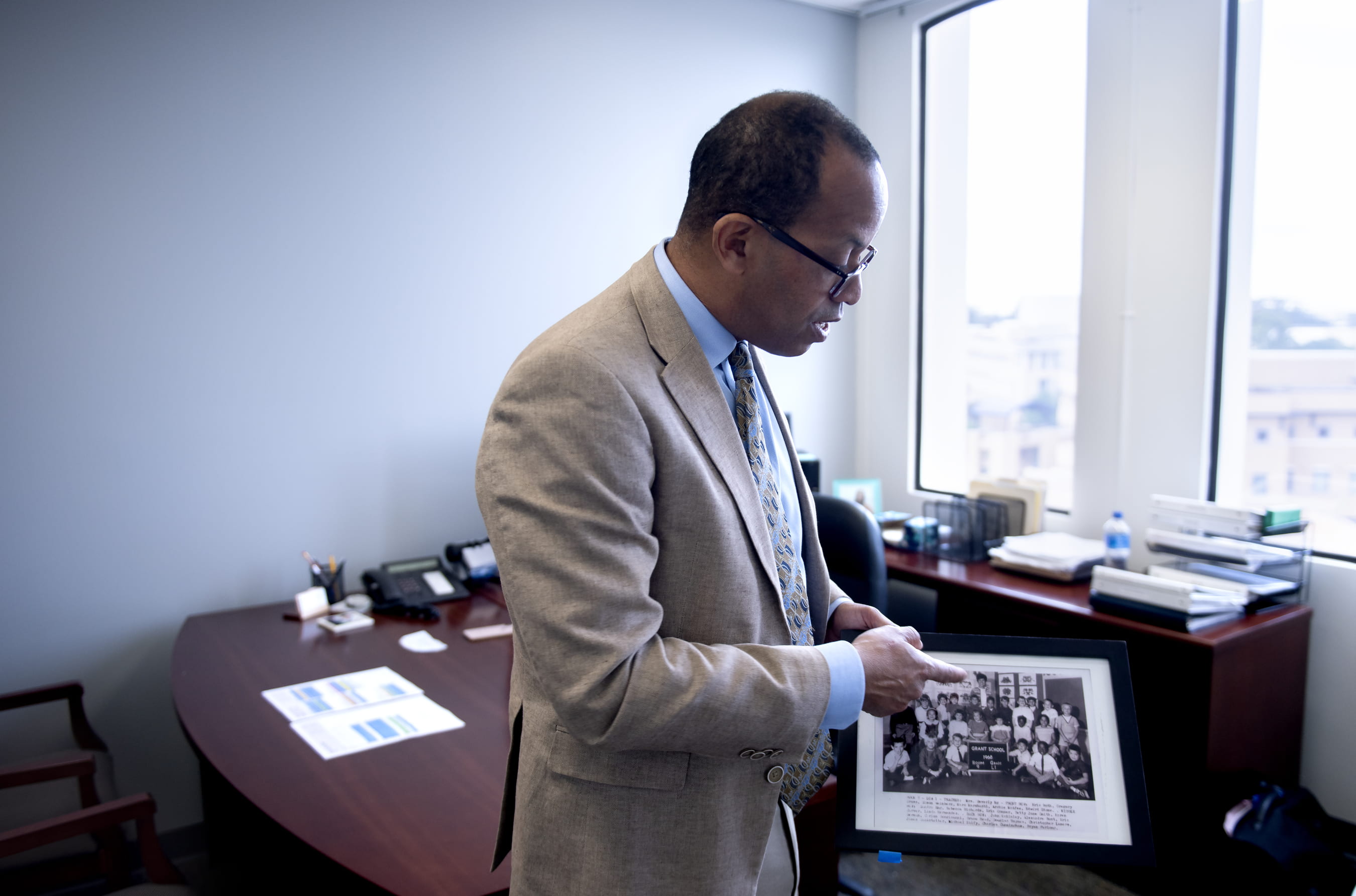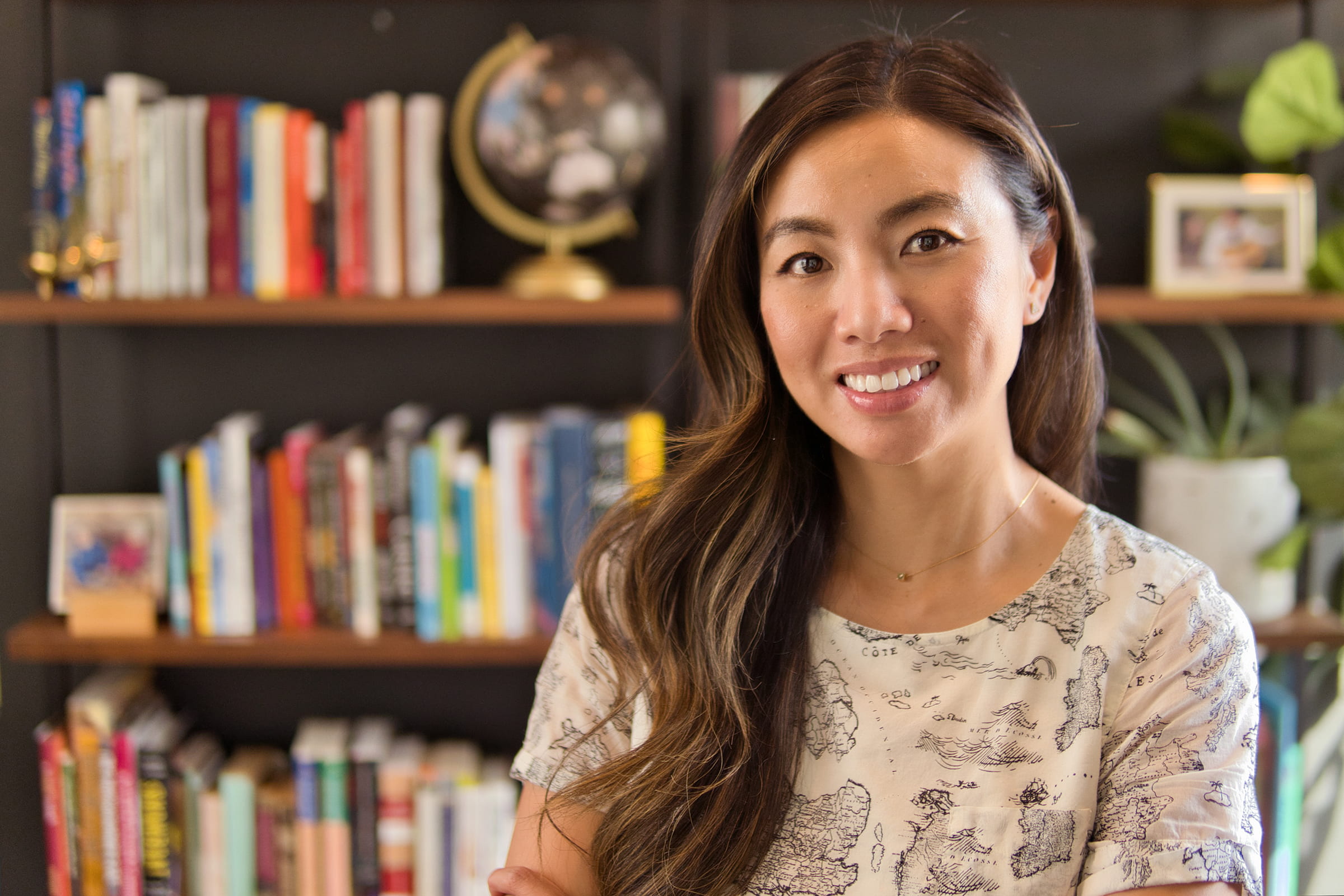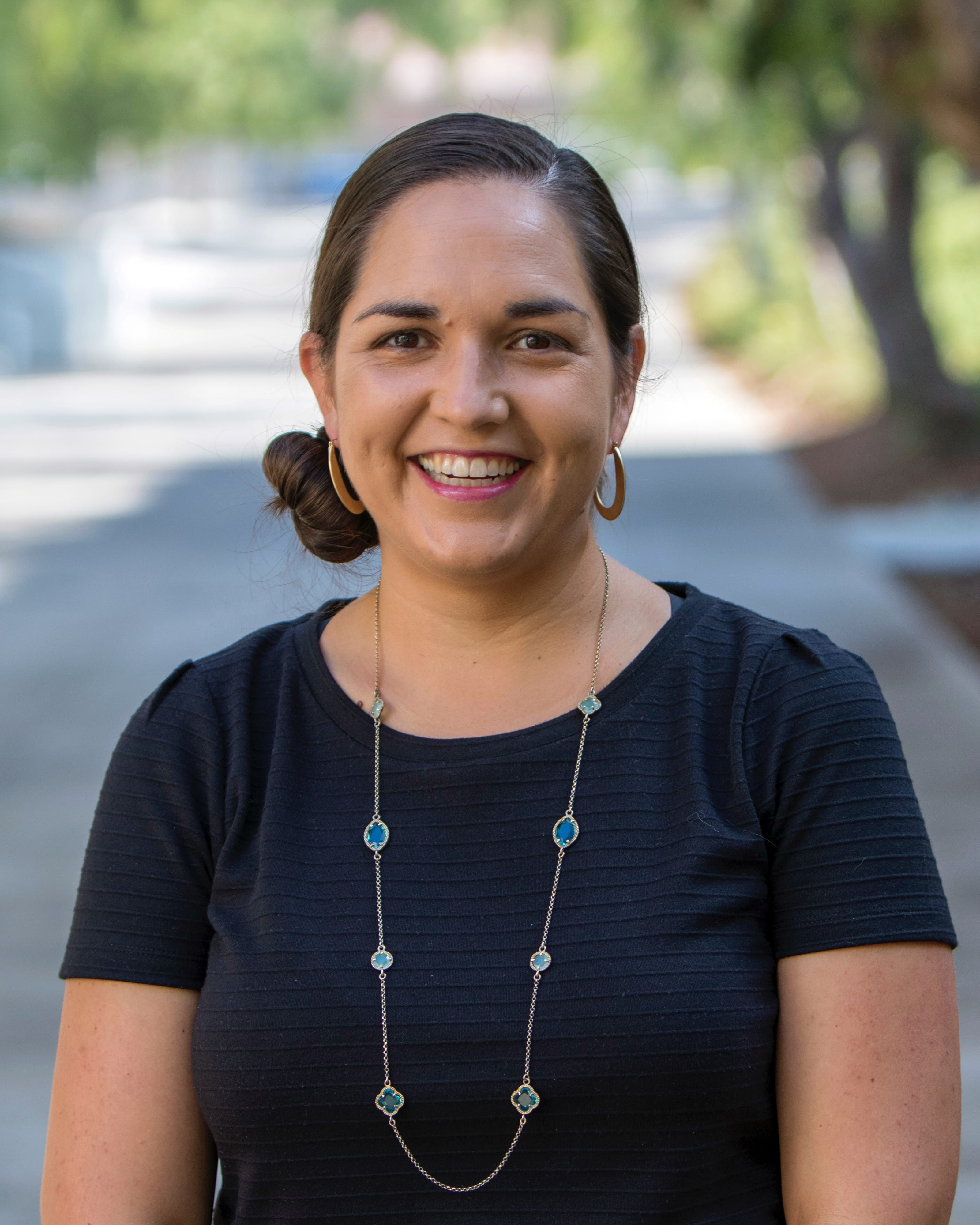Cultivating an inclusive culture
A Q&A with UCI’s chief diversity officer

In a move that signals the importance UCI places on equity, diversity, inclusion and free speech, Douglas M. Haynes has become the campus’s inaugural vice chancellor for equity, diversity and inclusion. The San Francisco native joined UCI’s history faculty in the early 1990s after earning a doctorate in modern European history at UC Berkeley. Eventually named vice provost for academic equity, diversity and inclusion, he oversaw creation of the Office of Inclusive Excellence, launched the Confronting Extremism initiative and led the university’s successful push for federal recognition as a minority-serving institution. Here, Haynes discusses equity, diversity and inclusion at UCI; his personal and professional evolution; and campus pride points.
Q: What is the vision for equity, diversity and inclusion at UCI?
A: On an individual day, there are more than 50,000 people on the Irvine and Orange campuses. That’s 50,000-plus opportunities to provide information, educate and persuade. On a basic level, I think this role essentially boils down to those three things. It’s about meeting people where they are, understanding their concerns and then finding ways we can work together to do more.
Q: How do you define equity, diversity and inclusion?
A: These principles of inclusive excellence are interdependent. I think it’s one thing to have a diverse campus; it’s another thing to have a campus where people feel supported and included. That means we have to learn more about each other instead of simply assuming that we know diversity when we see it. It’s important to understand the histories and experiences that everyone brings to who they are – whether they’re undergraduates, graduate students, faculty or staff. If not, we may miss the mark in promoting an affirmative and supportive place for all to work and learn, as well as teach and discover. If we don’t attend to who people are, we miss out. They might not want to fully participate or share their talents and passions. I’m convinced that we can accomplish so much more together if we’re intentional about practicing inclusion.
Q: How does free speech fit into equity, diversity and inclusion?
A: It’s a bedrock principle of any university – particularly UCI, because we’re a public institution and we’re not going to back off that. Free speech as a principle and practice is now more contentious than ever because of how it’s been used and/or challenged over the past two or three years. I do hope that to the extent each individual supports diversity, expects equity and practices inclusion, this cherished principle will be practiced in a way that promotes our educational mission while advancing inclusive excellence. At its best, free speech should initiate dialogue and debate and spur inquiry and understanding – and, in the process, fortify our democratic institutions, enrich our civil society and foster an appreciation of the remarkable breadth of our diversity.
Q: Regarding the Confronting Extremism initiative, why is it important to bring these tough conversations to campus?
A: It grows out of a recognition after the Charlottesville, Virginia, events that institutions need to assume a more robust posture about issues and ideas that are animating the larger context. The 2016 election marked a watershed moment in the country’s level and intensity of polarization. Now more than ever, extremist groups are pushing their agenda, recruiting supporters and, in too many cases, using the threat and reality of violence to further their political vision.
One of the lessons we learned from Charlottesville is that we can’t turn away or inward. It’s important to remember that the day before the hate-motivated violence took place, white nationalists and far-right extremists marched on the campus of the University of Virginia – a public research university – while chanting “White lives matter” and “Jews will not replace us.” We can’t assume that once the dust settles, we’ll return to normal. If anything, hate crimes against people and property continue to rise.
So, increasingly, universities need to be places where we harness our teaching, research and service missions to promote a new type of public square. Our Confronting Extremism initiative is about being the public square for Orange County. It supports faculty research, mounts public affairs programming, and partners with the community to understand the sources and varieties of extremism to inform and educate while advancing equity, diversity, inclusion and free speech.
Q: How did you come to be in this role?
A: If you had asked me when I was in first grade, when I graduated from college, when I received my Ph.D., when I joined the faculty whether I’d be doing something like this, my answer probably would have been no.
There’s a picture of my first-grade class in San Francisco, and it’s a very diverse group of kids. What I didn’t know then is that my parents and others advocated for integrating schools – yes, even in liberal San Francisco. My education and career are very much linked to the modern civil rights struggle to broaden participation in institutions that had been closed or segregated or were only recently open to diverse students and faculty. When I was an undergraduate at Pomona College, I was the only student of color and certainly the only African American in my modern European history courses. When I was in graduate school at UC Berkeley, there were very few African Americans – or any students of color – which surprised me in light of Berkeley’s progressive reputation. Still, I always assumed – because of my youthful experience of being regularly surrounded by classmates from a variety of backgrounds – that diversity should be the norm, not the exception.
When I got to UCI, I started asking questions: “Why are there so few faculty of color?” “Why are there so few women in science?” And asking questions led to learning more about how decisions are made.
Q: What were the answers you were getting?
A: “We don’t know.” “We don’t have that data.” “No one has asked that question.” And so, as I pursued my curiosity, I realized that the university is a social organization and that we shape who participates – in other words, who is admitted to study and learn and who is hired to teach and discover new knowledge.
That has led to asking more questions, learning more, taking on more leadership roles. My experience is not isolated. Many people are going through a similar process of having their consciousness raised and are using that new perspective to inform their choices and actions on behalf of inclusive excellence.
Q: Where are we now?
A: We’re at a point that’s pretty remarkable. Last year, we celebrated the 150th anniversary of the founding of the University of California. In 1868, it wasn’t founded to educate African Americans, Asian Americans or Latinos – they barely tolerated women. The difference between then and now could not be starker. It’s critical to not lose sight of the change. Women make up over half of UCI’s undergraduate population. Their participation in the faculty has grown to 36 percent, and their numbers in STEM fields are rising. We are a majority minority campus, proudly embracing our federal designations as a Hispanic-serving institution and an Asian American Native American and Pacific Islander-serving institution. Even with these positive trends, we simply must do more to increase both the participation and the success of African Americans, Latinos, American Indians and Pacific Islanders in every facet of the university experience. This imperative requires purposeful commitment and action from the entire campus community.
Q: What do you want UCI students to know about the Office of Inclusive Excellence?
A: We offer students ways to act on their curiosity about, their interests in and their commitment to inclusive excellence. We have mounted freshman seminars on anti-Semitism, Islamophobia and homophobia and are planning others. Our various lecture series have hosted thought-provoking speakers – such as Steven Pinker, Tarana Burke and W. Kamau Bell – and a new lineup for 2019-20 will be announced soon. This fall, the Office of Inclusive Excellence will also be launching an inclusive excellence certificate program, which will be open to students. In the meantime, we regularly convene task forces on the student experience for various communities. In summary, students can engage with the office through our in-person seminars, lecture series and educational programs; get updates and access recorded programming on our home page (inclusion.uci.edu); follow us on Twitter (@InclusionUci), Instagram (@inclusionuci) and Facebook (facebook.com/inclusionUCI) or just send me an email at inclusion@uci.edu.


